Arkisto
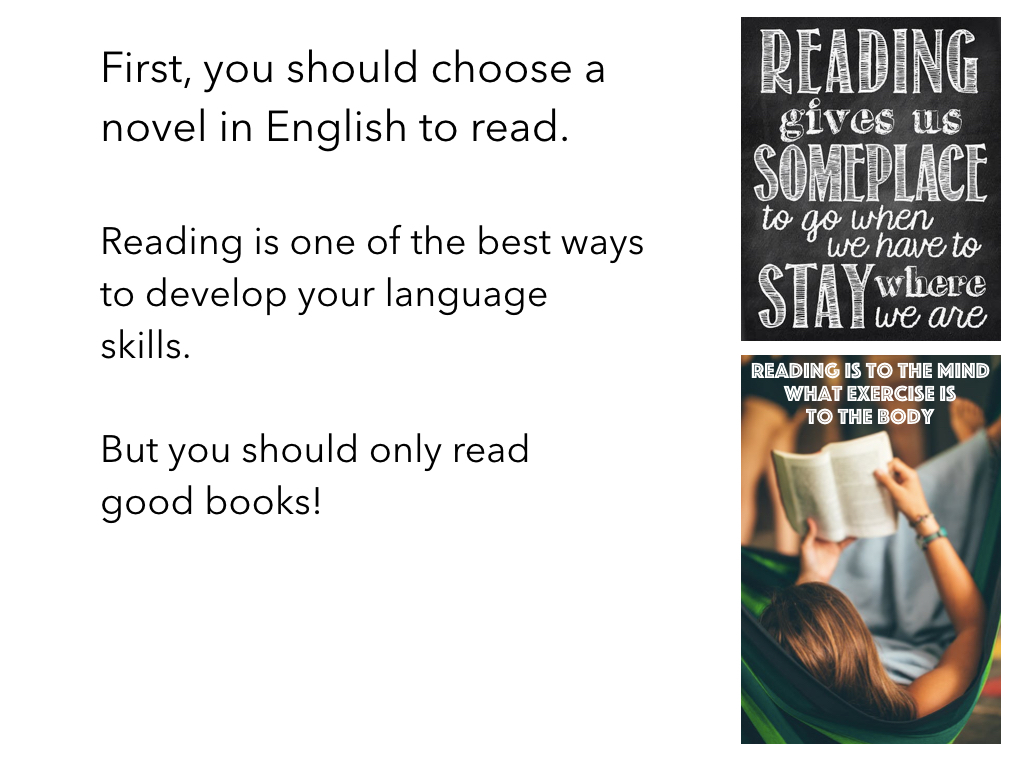
7g's text for the Yearbook
- Write in complete sentences.
- Remember that this is a text for the parents, grandparents, families and friends of the students who study in our lower grades and grades 7g, 8g and 9g
1. What expectations did you have of the upper grades?
2. How has the 7th grade been different from your expectations?
3. What new subjects do you have this year? What do you study in them?
4. What is your class like?
5. What advice do you have for next year's 7g?
6. What advantages has studying in the English classes given you?
- Remember that this is a text for the parents, grandparents, families and friends of the students who study in our lower grades and grades 7g, 8g and 9g
1. What expectations did you have of the upper grades?
2. How has the 7th grade been different from your expectations?
3. What new subjects do you have this year? What do you study in them?
4. What is your class like?
5. What advice do you have for next year's 7g?
6. What advantages has studying in the English classes given you?
Sinulla ei ole tarvittavia oikeuksia lähettää mitään.
News


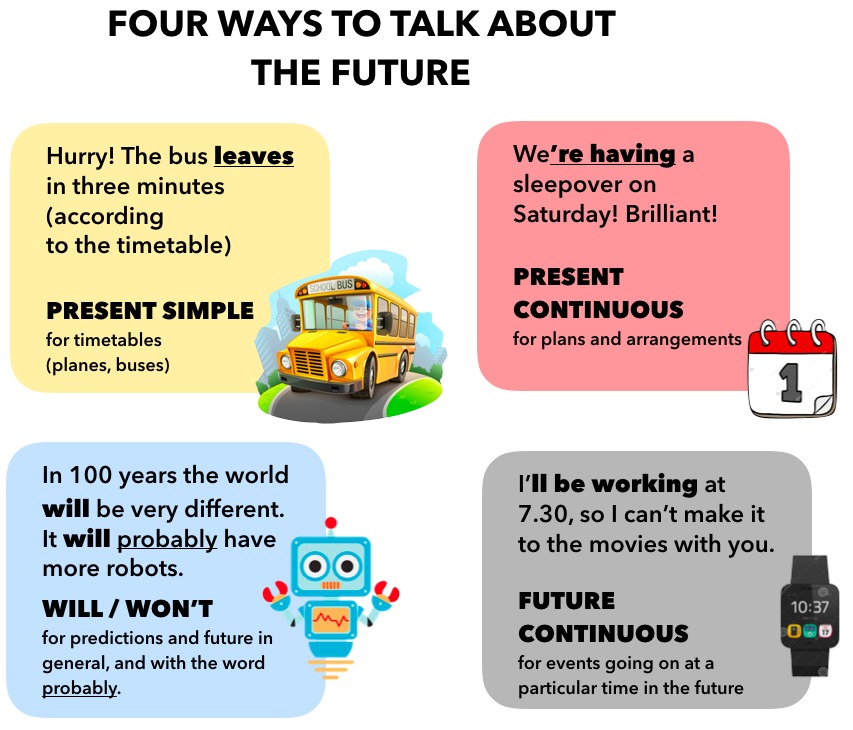


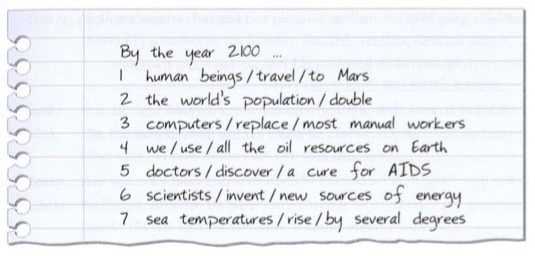
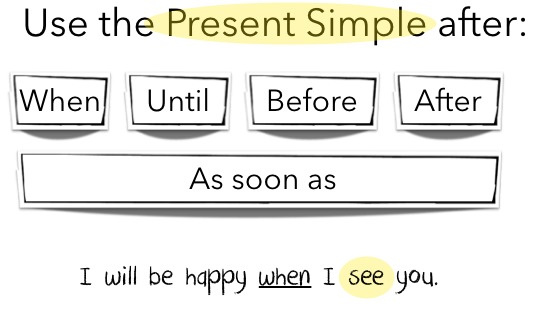

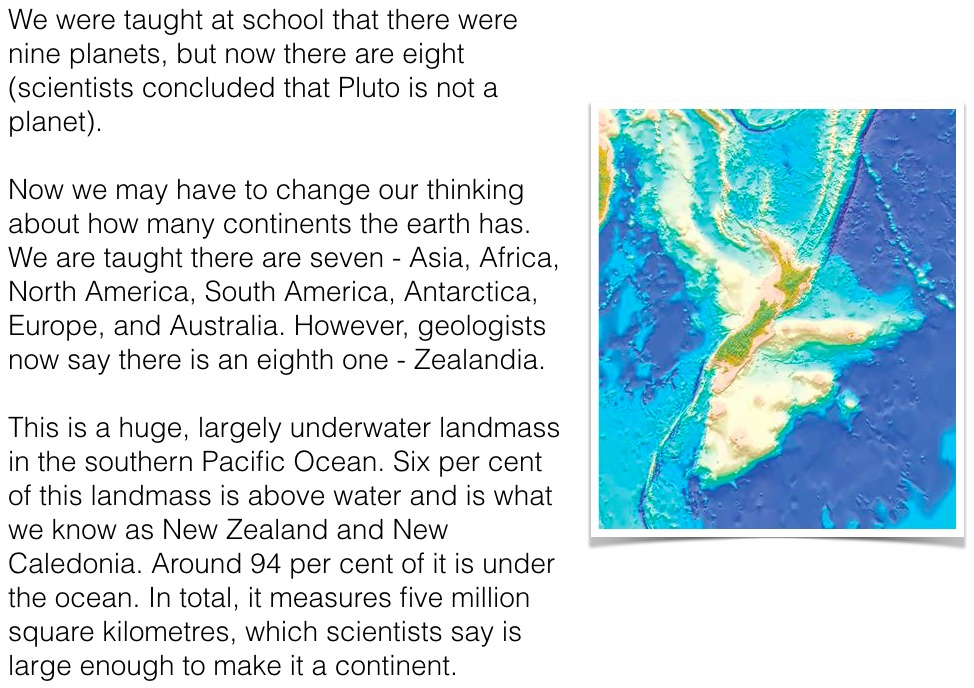


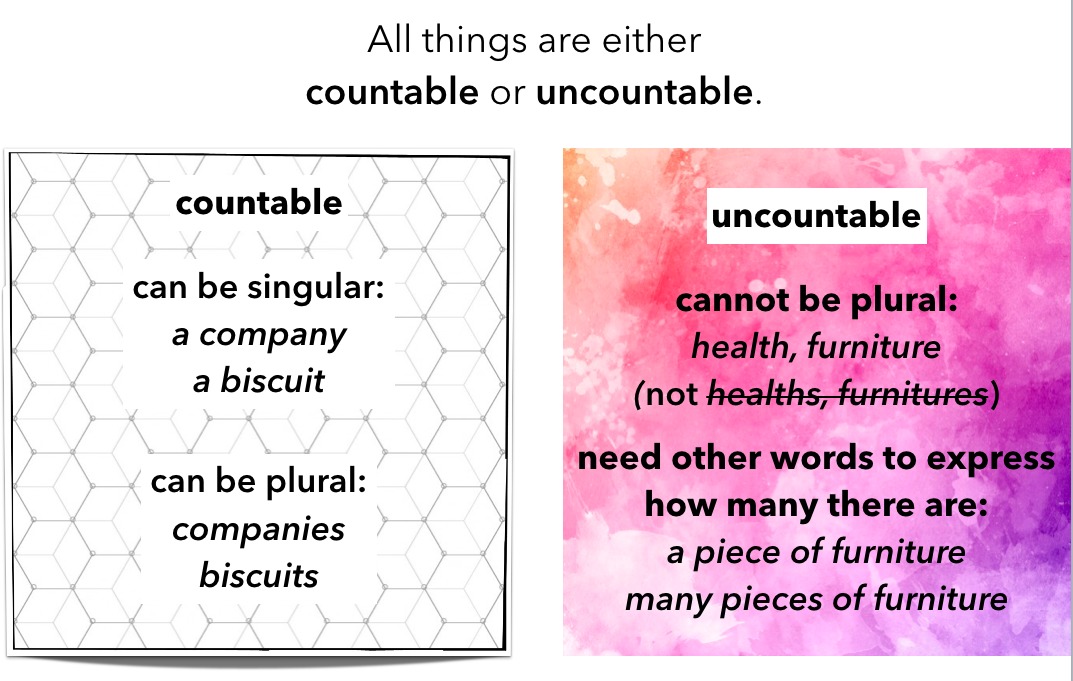
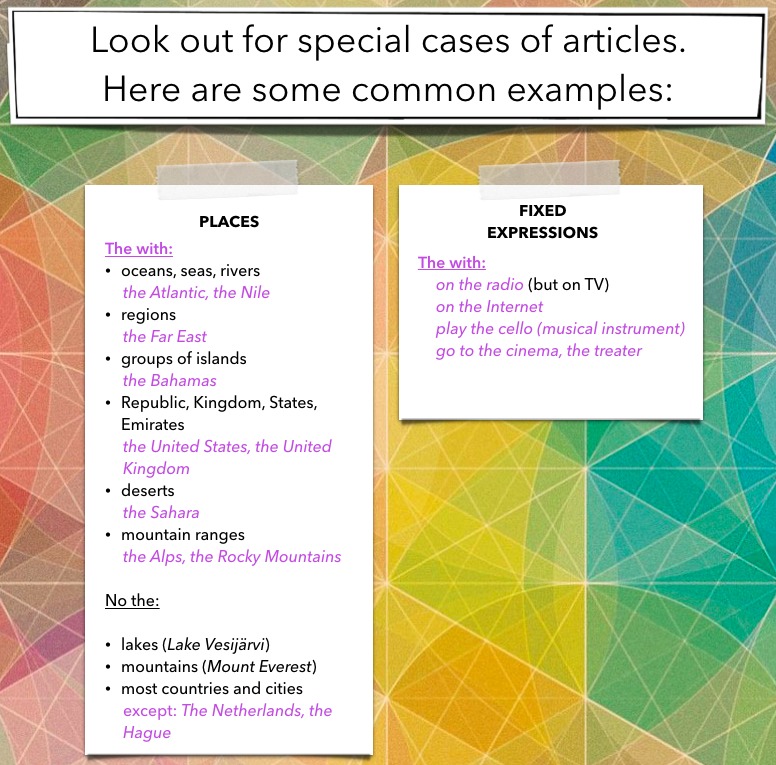

Speaking exams
A Presentation on a topic that is significant to health and well-being
1. Choose a topic
a sport, a healthy diet, the importance of sleep, something that promotes happiness/mental health (art, a hobby, friendships, etc.)
2. Research
The basic information about your topic and why is it significant to a person’s health and well-being
Don’t write your speech. Write bullet points/key words.
Each of you should speak for 2-3 minutes.
SAVE YOUR RECORDED FILE HERE
1. Choose a topic
a sport, a healthy diet, the importance of sleep, something that promotes happiness/mental health (art, a hobby, friendships, etc.)
2. Research
The basic information about your topic and why is it significant to a person’s health and well-being
Don’t write your speech. Write bullet points/key words.
Each of you should speak for 2-3 minutes.
SAVE YOUR RECORDED FILE HERE
Sinulla ei ole tarvittavia oikeuksia lähettää mitään.
Spelling exercises (kopio)
Study the school words
Read the words. Click on the "View this study set".
All the words are also listed here:
education - koulutus
kindergarten - päiväkoti
preschool - esikoulu
primary school - ala-aste
lower secondary school - yläaste (Br.)
upper secondary school - lukio (Br.)
junior high school - yläaste (Am.)
senior high school - lukio (Am.)
report card - todistus
GPA - keskiarvo
school-leaving certificate - päättötodistus
qualification - pätevyys
timetable - lukujärjestys
pupil - oppilas
form teacher - luokanvalvoja
school subject - kouluaine
ICT - atk
home economics - kotitalous
student counselling - opo
health education - terveystieto
social science - yhteiskuntaoppi
campus - koulualue
facilities - tilat
whiteboard - tussitaulu
stationery - kirjoitusvälineet
study for an exam - lukea kokeeseen
take an exam - suorittaa koe
pass an exam - päästä läpi
fail an exam - saada hylätty
flexibility - joustavuus
responsibility - vastuu
discipline - kuri
motivated - motivoitunut
fascinating - kiinnostava
encourage - rohkaista
All the words are also listed here:
education - koulutus
kindergarten - päiväkoti
preschool - esikoulu
primary school - ala-aste
lower secondary school - yläaste (Br.)
upper secondary school - lukio (Br.)
junior high school - yläaste (Am.)
senior high school - lukio (Am.)
report card - todistus
GPA - keskiarvo
school-leaving certificate - päättötodistus
qualification - pätevyys
timetable - lukujärjestys
pupil - oppilas
form teacher - luokanvalvoja
school subject - kouluaine
ICT - atk
home economics - kotitalous
student counselling - opo
health education - terveystieto
social science - yhteiskuntaoppi
campus - koulualue
facilities - tilat
whiteboard - tussitaulu
stationery - kirjoitusvälineet
study for an exam - lukea kokeeseen
take an exam - suorittaa koe
pass an exam - päästä läpi
fail an exam - saada hylätty
flexibility - joustavuus
responsibility - vastuu
discipline - kuri
motivated - motivoitunut
fascinating - kiinnostava
encourage - rohkaista
Test Round
Your work should have a clear title, with your names and the title of the task (for example, "Anna and Elsa's group -Interview")
CLICK ON "Palauta kuva tai muu tiedosto"
CLICK ON "Palauta kuva tai muu tiedosto"
Sinulla ei ole tarvittavia oikeuksia lähettää mitään.
The Nuclear Debate
The Nuclear Debate
8g Practical Training Program – DUE: Thursday
1.)
Make a list of 10 items that you think are relevant when talking about practical training or working (with Finnish words or English explanations)
Two items are given to you. Include them in your list.
2.)
Write a short description of your days at the workplace. Include:
- your job description and what it entailed
- who else was there at the workplace and what they did
- what was interesting or good about the job
- what were the downsides of the job
- would you be suited for this kind of work (why/why not)
- if you wanted to work at the place later on, where would you have to study?
Make a list of 10 items that you think are relevant when talking about practical training or working (with Finnish words or English explanations)
Two items are given to you. Include them in your list.
2.)
Write a short description of your days at the workplace. Include:
- your job description and what it entailed
- who else was there at the workplace and what they did
- what was interesting or good about the job
- what were the downsides of the job
- would you be suited for this kind of work (why/why not)
- if you wanted to work at the place later on, where would you have to study?
Sinulla ei ole tarvittavia oikeuksia lähettää mitään.
